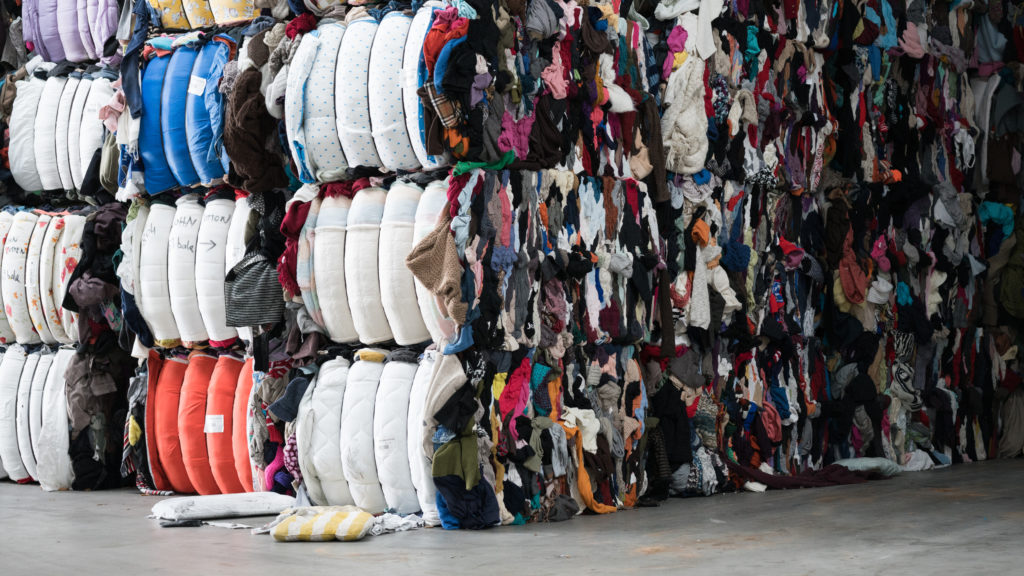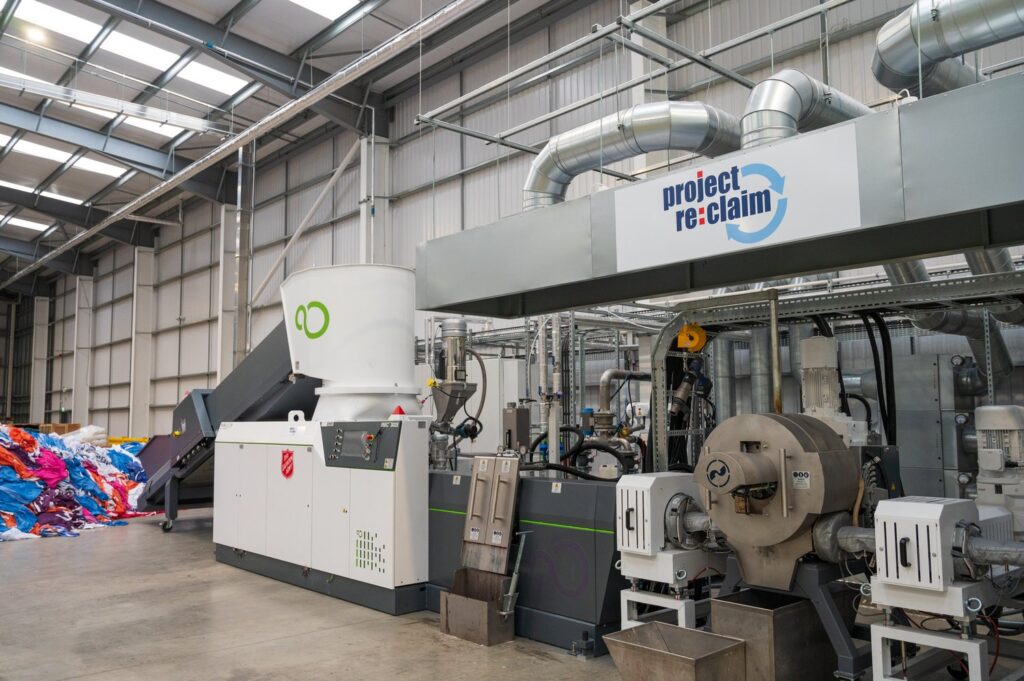The warning follows “increasing incidents” where councils have appointed textile bank operators that do not have the correct licenses, permits of exemptions in place, or “significant experience” in textile bank collections.

The TRA said that this runs the risk of “reputational damage” and could undermine the financial security of professional operators.
It added that professional operators are needed “more than ever” to help tackle climate change caused by increased consumption of fashion and textiles.
TRUST
The statement added that it is anticipated that the new voluntary industry standard called TRUST will be rolled out later in the year after being delayed.
It also urged local authorities to check if any contractors are members of the TRA, as it has “detailed procedures to make sure necessary checks are undertaken on licences, permits, exemptions, and other key matters”.
According to the TRA, this ensures that only businesses adhering to environmental legislation are admitted.
‘Chancing their arm’
Alan Wheeler, director of the TRA said that these businesses try to “tempt” councils and landowners by offering inflated prices for what they collect, which is “well above market value”.
He explained: “This issue seems to have come to the fore in the last year or so and in particular during the second and third national lockdowns in England. A number of new small businesses, that are not substantive, have been struggling to secure collections from other sources.
“In particular with charity shops having been closed for all bar a few weeks since early November, some are chancing their arm at textile bank collections. Such businesses often don’t have even an upper tier waste carrier’s licence and invariably they do not have relevant environmental permits or exemptions in place, that are required to legally store or process textile waste.”
Mr Wheeler said that it is “not sustainable” and that some will either just disappear without paying anything, or move to different areas.
He added that if they are able to continue paying these prices then “serious questions” need to be asked about where they are cutting their costs.











Subscribe for free